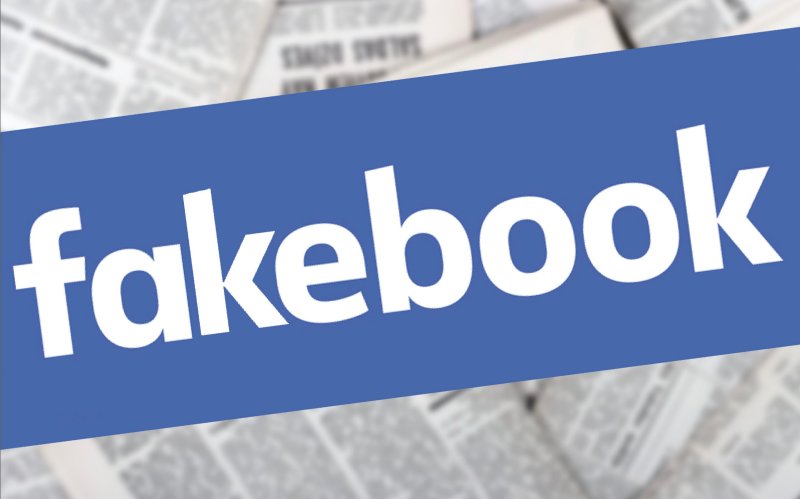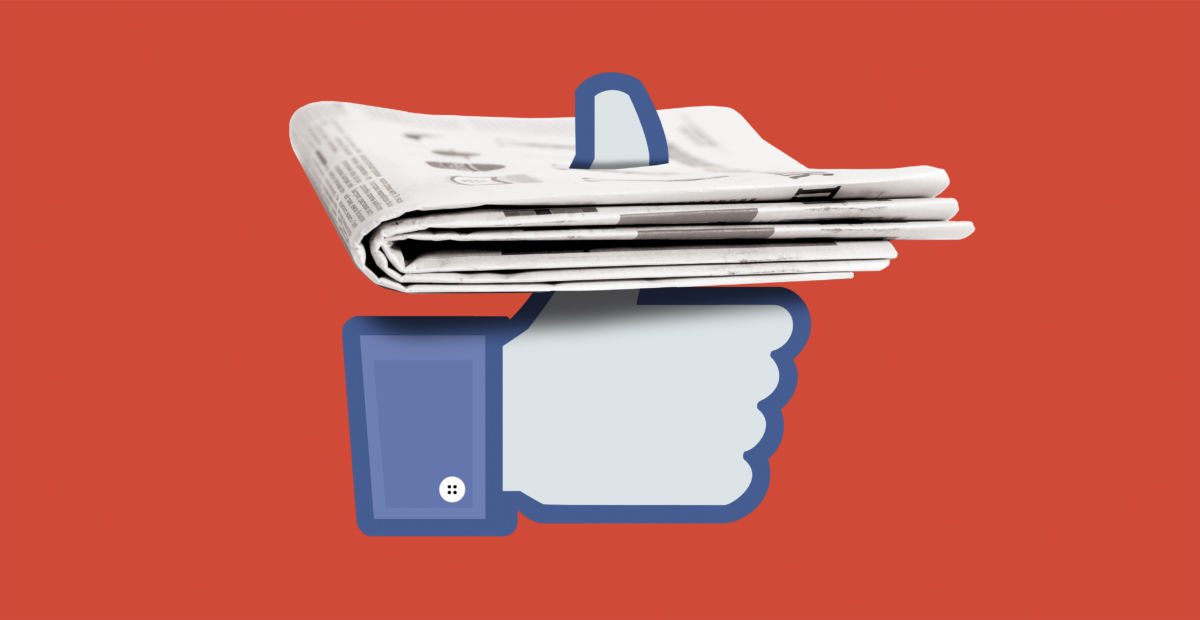The Truth About Fake News
The move from Farmville to ‘The Denver Guardian’ was put in place through the calculated actions of, well, you.
By Yoni Yardeni, Pierce College
Almost a quarter of the time I find myself sitting with family at home involves my dad sitting on his phone, scrolling through Facebook, looking at old family pictures and the finest dog videos the internet has to offer.
The social media juggernaut (Facebook, not my dad) has obviously progressed over the past three years, and the world is now thankfully removed from the Farmville craze that drove me, amongst millions, to plead for a “Dislike” button. It’s safe to say that the majority of people may have gotten their wishes granted a little bit later than they would have liked, but such changes take time. But now, Facebook’s newest addition to engage users—a litany of highly shareable articles—has set loose a plague upon the social network.

Facebook has evolved from a platform focused on socializing, communication and gaming with friends, to a wasteland for tabloid blogs that spread erroneous news. The problem with their yellow journalism, as with all other tabloids, is the fact that there are people gullible enough to fall for an article titled “NYPD ANNOUNCES THEY ARE PREPARING TO ARREST HILLARY CLINTON ON PEDOPHILIA & TREASON CHARGES!!” Before I go on to slight the capitalization job this “writer” did, just imagine being naïve enough that a headline like that actually sounds believable.
As per “Buzzfeed,” over the final few months of the presidential campaign the most popular fake news stories received more engagement than mainstream sources, such as the “Washington Post” and the “New York Times.” Twenty of the highest-performing fake news outlets were busting out bullshit like it was nobody’s business, as they collectively found a way to put together over seven million stories, reactions and comments.
At that point in time, the tension surrounding the election was at its boiling point; as a result, gullible readers were a lot more susceptible to false information, especially if they were unable to either concoct their own opinion, or grasp the idea that it’s pretty fucking ridiculous that the Democratic nominee for president sold weapons to ISIS.
As they begin tackling the problem of misinformation, the Palo Alto-based networking service has revealed their introductory tactics, saying the website plans to make minor changes to its “Trending Topics” section, which will help promote legitimate sources, rather than websites like “The Political Insider” or “Denver Guardian.”
Four days following the recent election, Facebook CEO and co-founder Mark Zuckerberg took to his profile to give his thoughts on the subject.
“Our goal is to show people the content they will find most meaningful, and people want accurate news,” he said. “We have already launched work enabling our community to flag hoaxes and fake news, and there is more we can do here.”
For the most part, the statement is just him restating the obvious. It was clear that Facebook needed to solve this problem at one point or another.
“Identifying the ‘truth’ is complicated,” Zuckerberg said, and in some instances, this is true.
I’ll admit, some things even make me think twice, but it should be simple to decipher between what is fact and what is fiction. Zuckerberg also says that there are a number of mainstream sources that omit details, be they miniscule or major, and that critical readers must engage every source with a healthy skepticism, whether it is fake news acting as propaganda or real news forcing its opinions on you.
It makes you wonder: How do you decide whether something is real on the internet? Do you seek assistance from a fact checker? Do you trust your judgment? Well, allow me to help.
The way to figure out whether or not something is factual obviously differs, depending on the countless number of varying articles, headlines and websites there are. Step one: Stop following miniscule sources if you’re seeking big news. Would you believe “TMZ Hip Hop” rather than “The Huffington Post?” Did I hear a no? Yes, I did.
Step two: If it sounds fake, I can assure you it is fake. If you lack the knowledge to figure out that Obama didn’t sign an executive order that banned the Pledge of Allegiance in American schools, then you, my friend, are a fucking idiot and have no need for a computer in your house, because God knows what else you’re doing on there.
I think the main message we can take from all this is that the internet is the furthest thing from a safe-haven. Anyone with fingers and an iPhone can type up whatever the fuck they want and put it wherever the fuck they want.
The tabloids will never vanish, and in fact will likely be on supermarket magazine stands long after the demise of the human race; although, to prevent society from disappearing faster, please wise up. The more fake news you share, the harder it will be for the truth to be found.

















